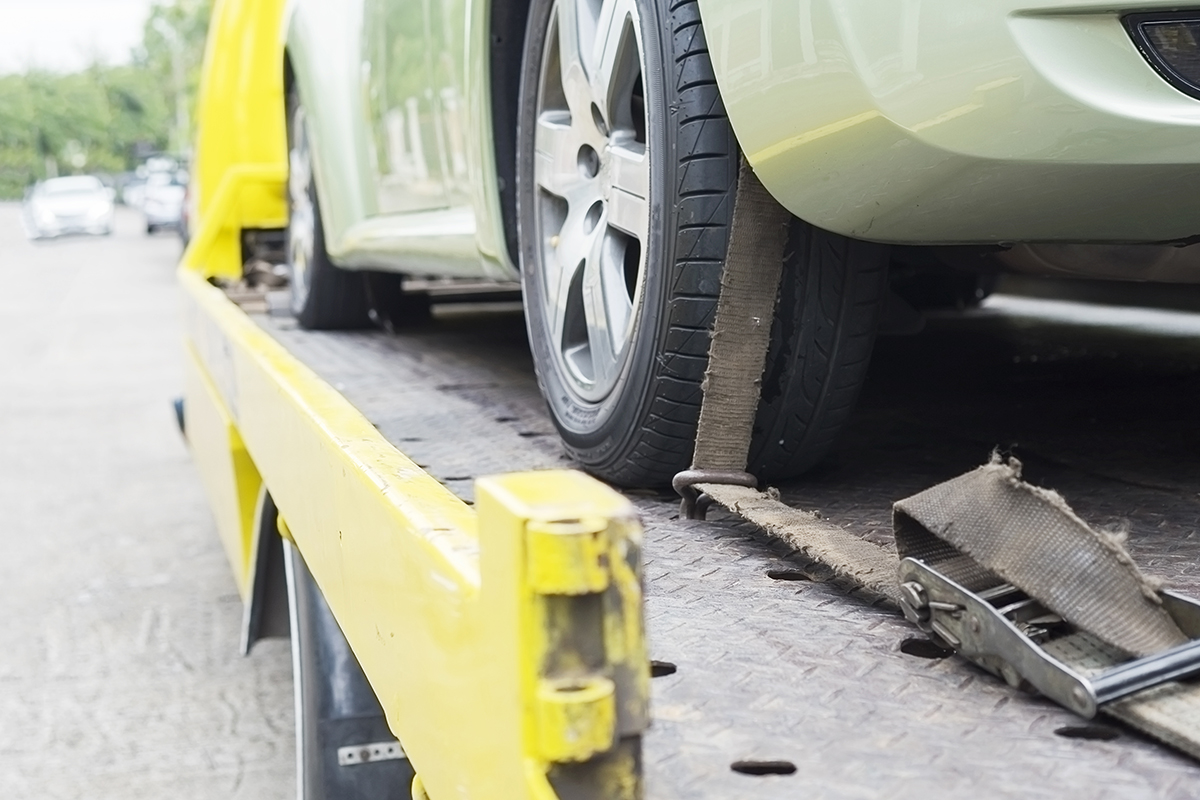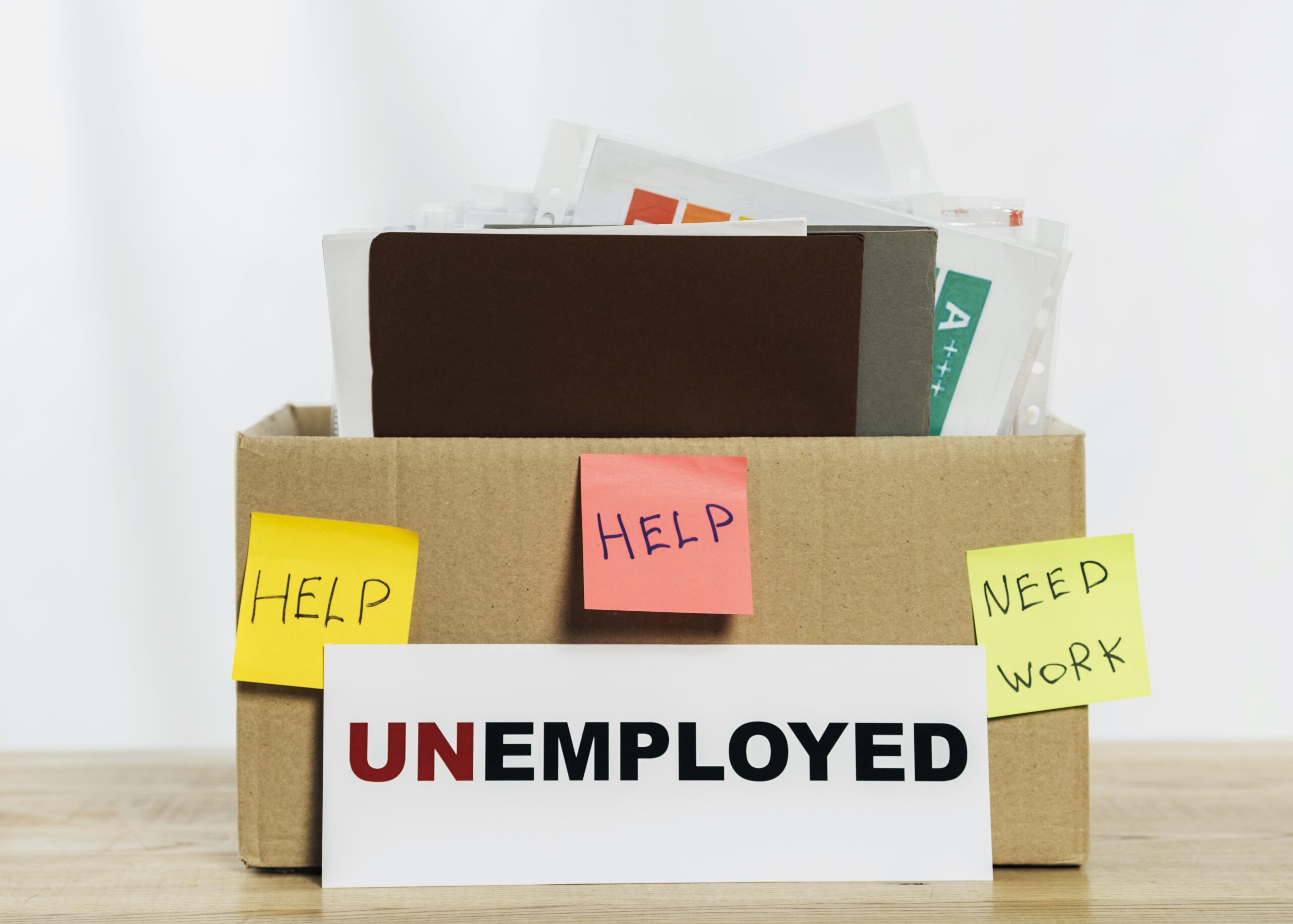
If you receive a default notice, act immediately. Pay the arrears within 30 days if you can. If you can’t, contact the credit provider and ask to speak to a ‘hardship officer’ or to ‘customer service’.
If the lender won’t agree to a repayment arrangement, lodge a dispute in writing to the lender’s External Dispute Resolution Scheme (All lenders must be a member of an EDR scheme.) EDR is free and will stop all legal action, including repossession, until the EDR Scheme has considered your dispute.
Earlier this year, the Australian Securities and Investments Commission fined BMW Australia Finance Limited $306,000 for breaching consumer protection laws when repossessing vehicles.
ASIC issued 36 infringement notices but essentially, BMW Finance failed in its obligations to provide customers with information setting out their rights and the options. It also illegally entered onto residential property to repossess a vehicle.
So we thought we would let you know what your consumer rights are, just in case you fall behind on your car payments and the finance company comes knocking. (Be warned though, if you declared that the loan was for business use, then consumer protection laws may not apply.)
Are they allowed to just take your car?
Your credit provider can repossess your car if:
- the finance is by way of a secured loan, lease or hire purchase agreement (which it usually is); and
- you are behind on your repayments; and
- they have provided you (and any guarantor) with a default notice, giving you 30 days to pay the overdue amount; and
- you have not paid the overdue amount, negotiated a resolution, or lodged a request to postpone repossession within the 30-day notice period.
They can also “accelerate the debt” (so the full debt becomes payable not just the outstanding amount), start court proceedings and list the default in your credit report).
But they are restricted in what they can do
They can’t repossess your car without a court order, if:
- you owe less than $10,000,
- you owe less than 25% of the initial loan amount,
- they have to enter your private property to do so. If the car is parked on your property, they must inform you that they cannot enter your residential premises without your consent (or a court order) and receive written consent from you to enter the property to repossess the goods. Some finance agreements include this written consent but note that it cannot apply to land that you do not own, so if you rent the property, then technically this consent does not apply and they are putting themselves in the position where they will have to defend an offense of trespass.
You’re in charge. Help us to know which articles are interesting and which aren’t. ‘Like’ the articles you… well… like, and don’t ‘Like’ the others. We’ll get the hint!I
If it happens, you still have rights
Your credit provider must send you a written notice within 14 days, setting out:
- the estimated value of the goods
- the cost of the repossession, plus any ongoing costs
- a statement of your rights and obligations under the National Consumer Credit Code
Generally you then have 21 days after receipt of this notice, before they can sell your car. If during this period, you pay the amount owed (plus repossession costs) the credit provider must return the goods to you.
Alternatively, you could send your credit provider the details of someone who is willing to buy the goods for at least the estimated value. Do this in writing to make sure the credit provider offers to sell the goods to that person.
If all fails and the car is sold, your credit provider must give you a written statement outlining the sale proceeds, costs and any surplus amount (which they must pay you) or outstanding balance (which you still owe).
Source: Really Simple Money
Latest News Articles
Back to Latest News
Economists Flag A Tough 2026 as Interest Rates to Rise Again

Redundancy Isn’t Just a Job Loss – It’s a Financial Shock


